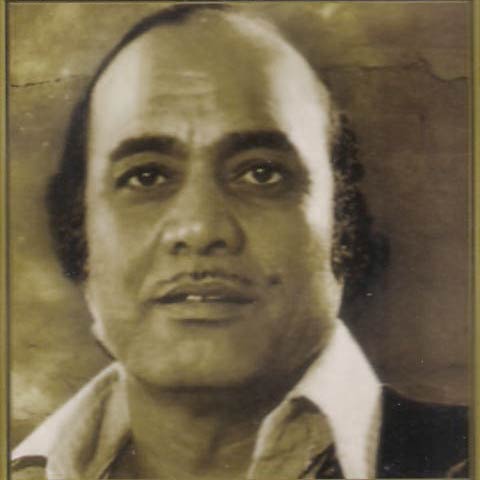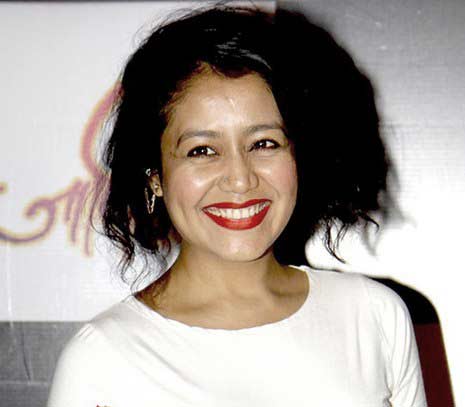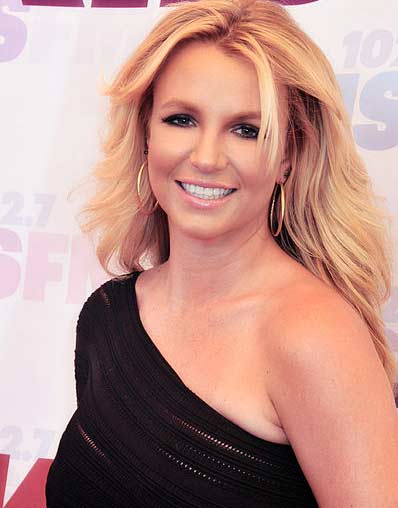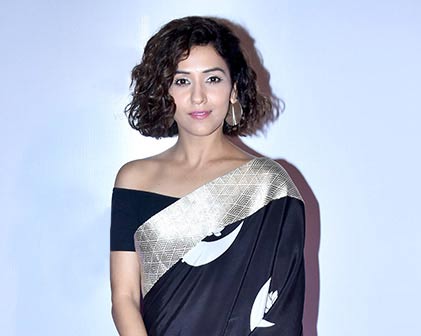
Quick Facts
| Fact | Details |
|---|---|
| Full Name | Mehdi Hassan Khan |
| Date of Birth | 18 July 1927 |
| Place of Birth | Luna, Rajputana Agency, British India (present-day Rajasthan, India) |
| Date of Death | 13 June 2012 |
| Place of Death | Karachi, Sindh, Pakistan |
| Nationality | Pakistani |
| Occupation | Singer, music composer |
| Years Active | 1957–1999 |
| Awards | – Pride of Performance (1985) – 9 Nigar Awards for Best Male Playback Singer |
| Honours | – Nishan-e-Imtiaz (2012) – Hilal-e-Imtiaz (2010) – Tamgha-e-Imtiaz (2004) |
| Musical Genres | Ghazal |
| Musical Instruments | Vocals |
| Notable Nickname | Shahenshah-e-Ghazal (Emperor of Ghazal) |
| Early Life | Born into a family of traditional musicians in India, Hassan began training in classical music at age eight. He migrated to Pakistan after the partition of India. |
| Musical Training | Received training in classical singing forms of dhrupad, dadra, thumri, and khayal from his father and uncle. |
| Career Highlights | – Known for his haunting baritone voice – Sang for over 300 films during his career – Influenced generations of singers in diverse genres |





